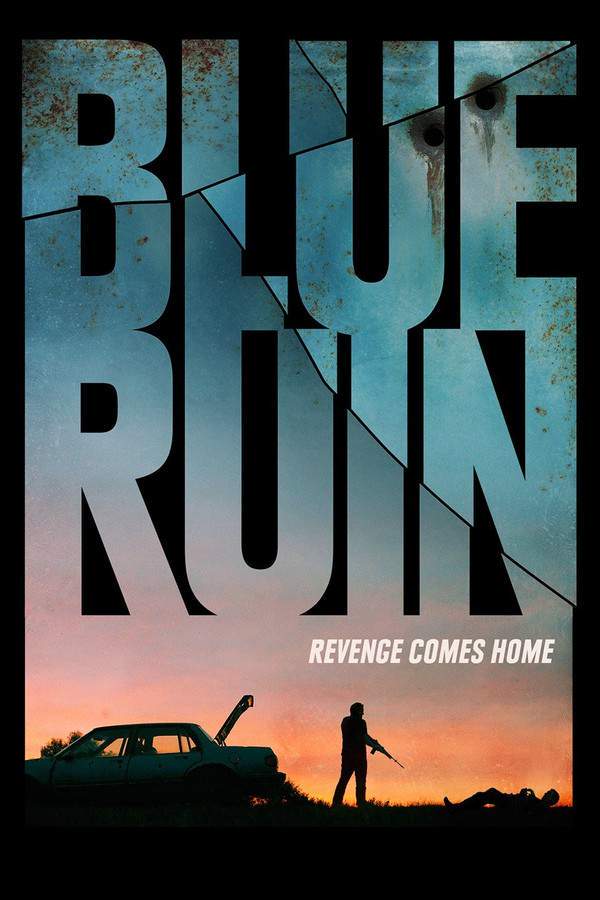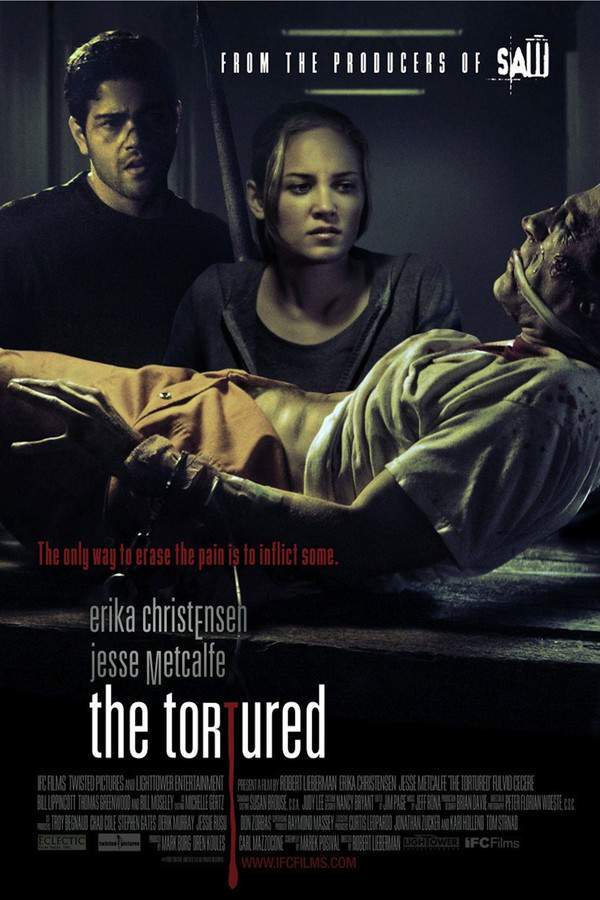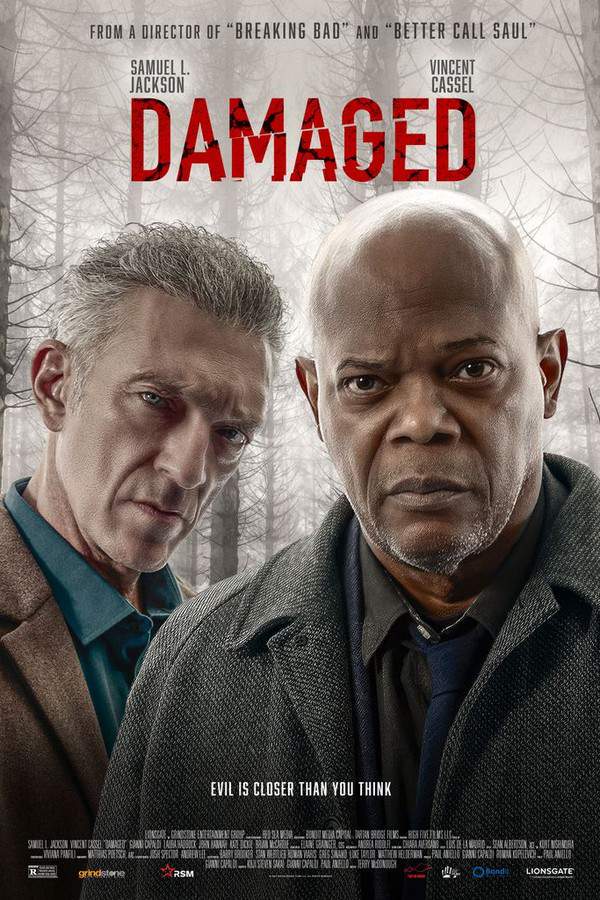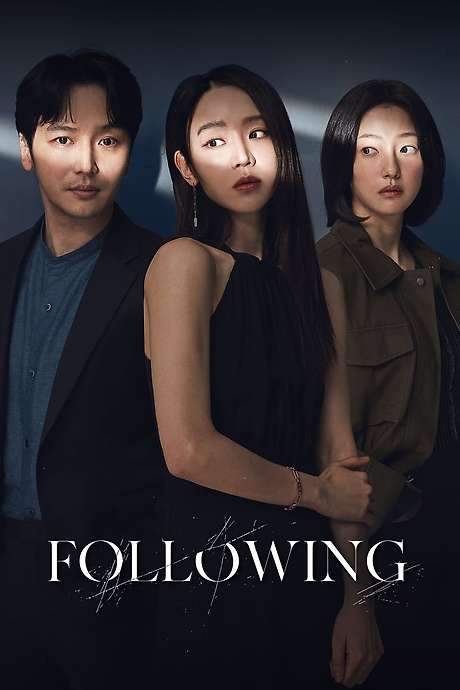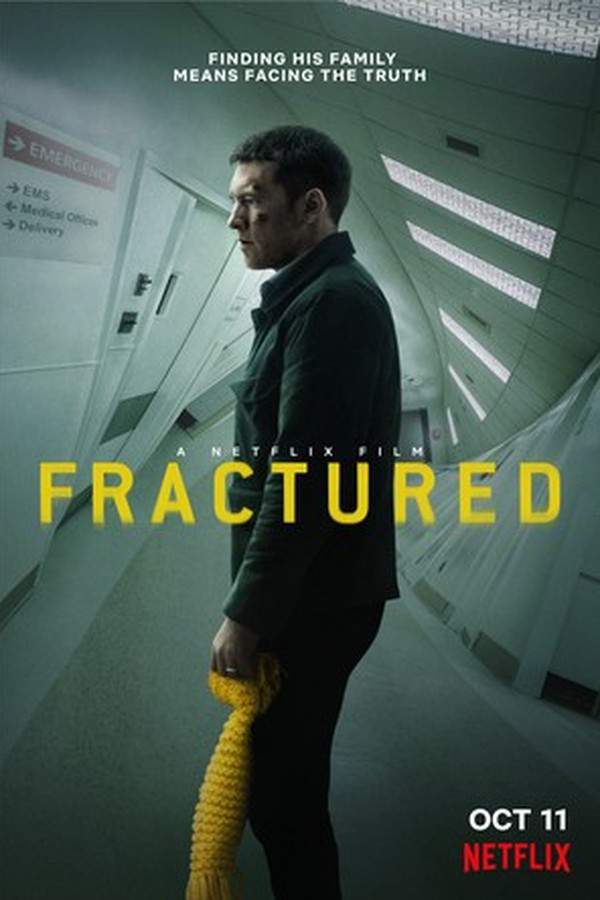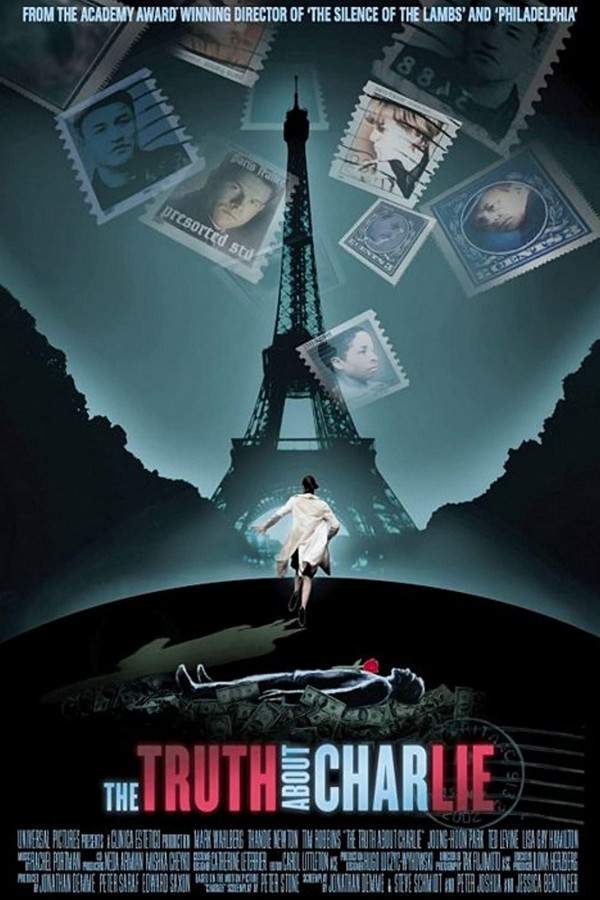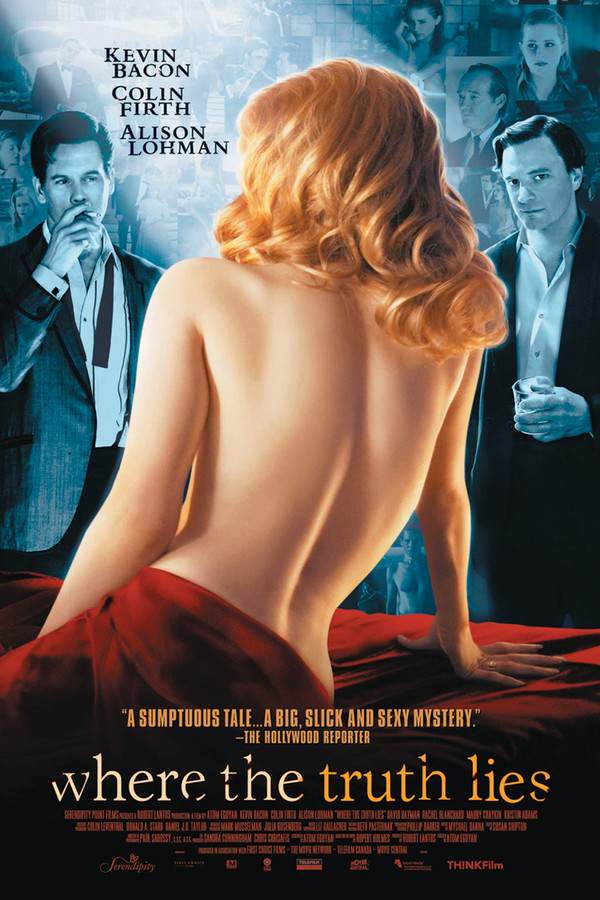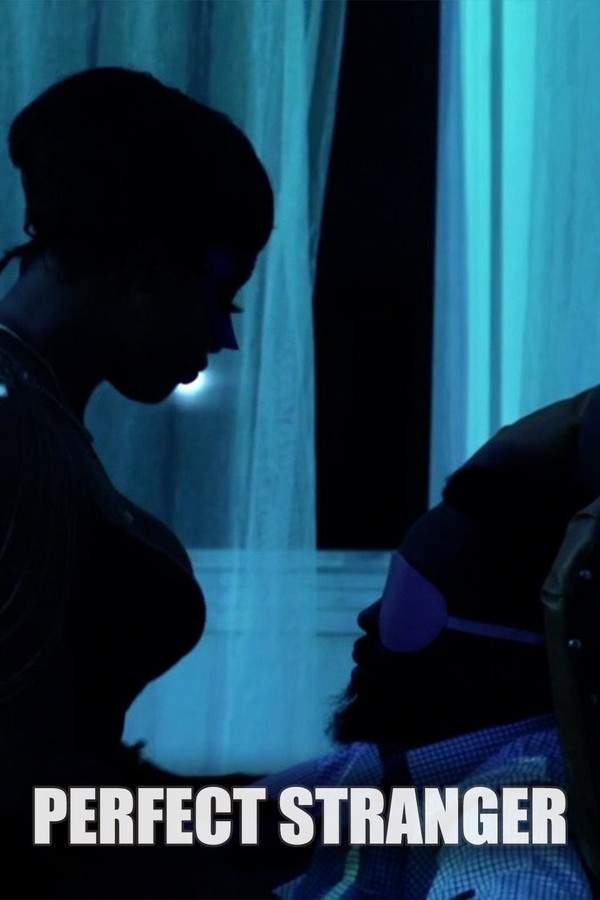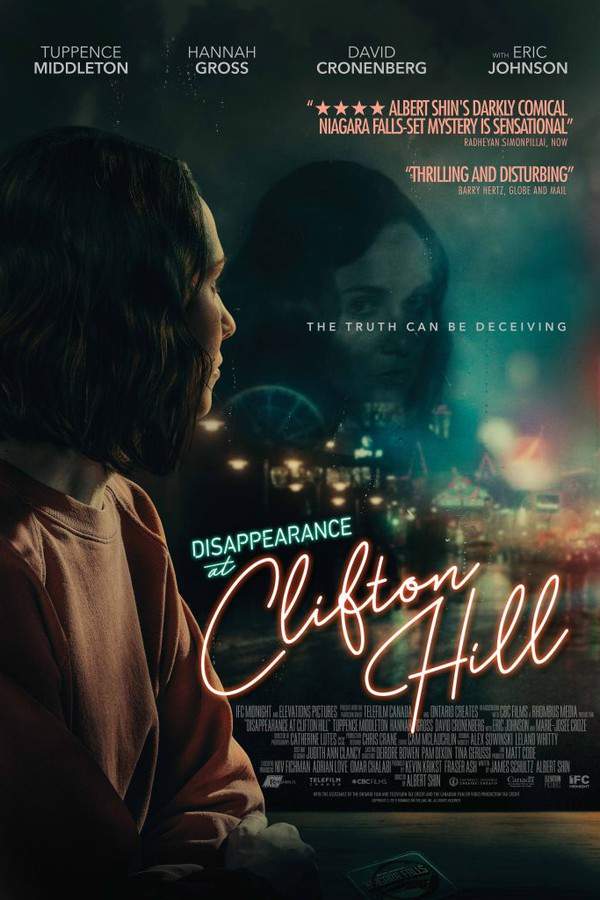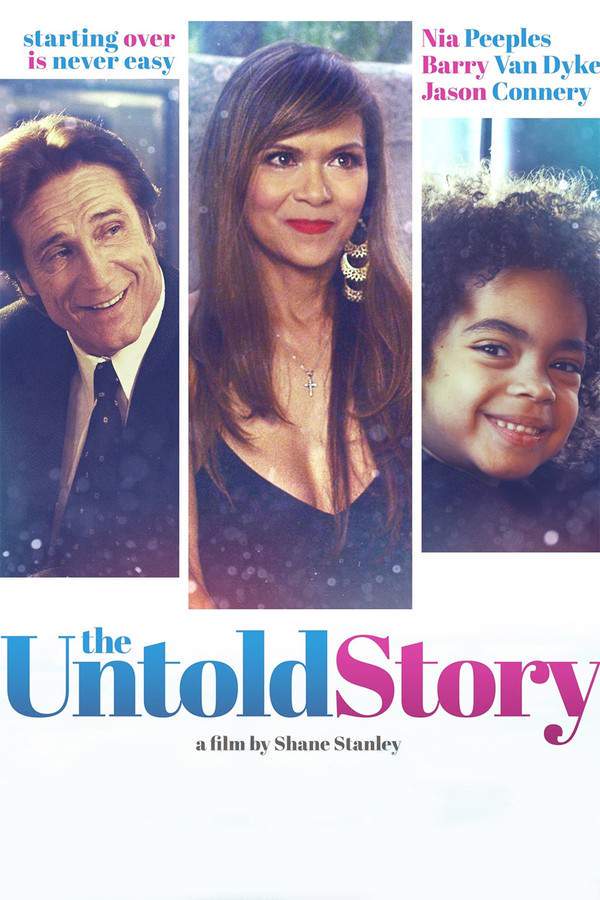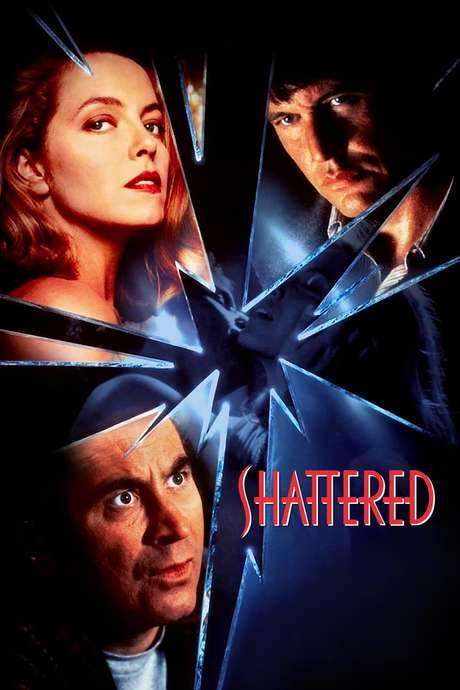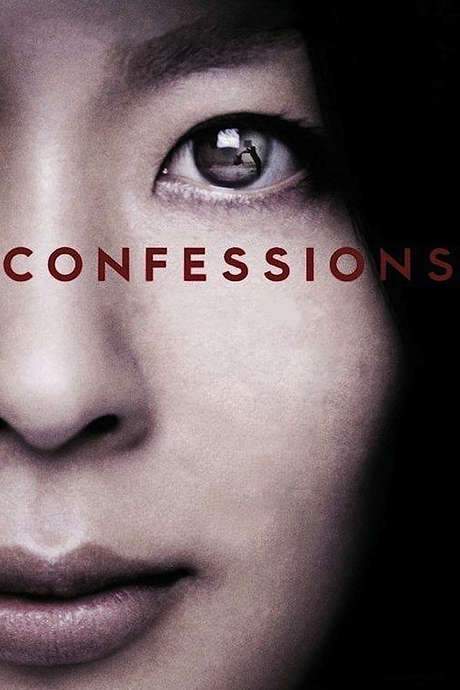
Confessions
Year: 2010
Runtime: 107 mins
Language: Japanese
Director: Tetsuya Nakashima
After her four‑year‑old daughter is murdered by her own pupils, a grieving middle‑school teacher becomes obsessed with vengeance. As she investigates, she discovers the children are far from innocent and uncovers the unsettling secrets hidden within the school and its community.
Warning: spoilers below!
Haven’t seen Confessions yet? This summary contains major spoilers. Bookmark the page, watch the movie, and come back for the full breakdown. If you're ready, scroll on and relive the story!
Confessions (2010) – Full Plot Summary & Ending Explained
Read the complete plot breakdown of Confessions (2010), including all key story events, major twists, and the ending explained in detail. Discover what really happened—and what it all means.
In this grim, restrained psychological drama, a grieving teacher uses a shocking act to reveal the consequences of unchecked cruelty. Yuko Moriguchi, a junior high school teacher whose husband Yoshiteru Terada is battling an HIV-related illness, begins bringing their four-year-old daughter Manami Moriguchi to school with her. When Manami is found dead in the school’s swimming pool, Yuko makes a bold, bitter choice: she will resign before spring break and publicly name two students in her class as Manami’s killers. She will not arrest them, she explains, because they are minors under the Juvenile Law of 1947, but she will force them to confront the truth in a way that only a teacher can impose.
From this moment, Yuko’s search to uncover the truth centers on a clue: a small purse with a bunny mascot among Manami’s belongings. The purse points to Naoki Shimomura, one of the students she has tagged as suspect. A flashback fills in the gaps: in a shop, Yuko refuses to buy a purse for Manami because she has just bought a jacket with the same bunny logo; a chance encounter with Shuya Watanabe foreshadows a grim connection between the two families. Shuya, whom the class knows as the other “Student A,” later visits Yuko in an empty science lab, where he initially confesses to killing Manami in a moment of supposed remorse, only to mock her with a calculated, cruel “> just kidding.”
As the class absorbs Yuko’s revelation, she makes clear that she will not name the students aloud, keeping them anonymous to protect their status as minors. Yet she shows how she arrived at her conclusion, essentially guiding the rest of the class to deduce that Shuya and Naoki are the ones she intends to hold morally accountable. The heart of the confession is a terrible, drastic action she takes to force accountability: she injects milk cartons with the HIV-positive blood of Manami’s father, prompting panic among the students and forcing a brutal reckoning about guilt, responsibility, and the limits of justice. The narrative then unfolds in a mosaic of first-person accounts from Yuko, Shuya, Naoki, and Mizuki Kitahara, each offering a fragment that slowly forms a larger, more disturbing picture of motive and consequence.
The tragedy accelerates as Naoki retreats into isolation, convinced he has contracted HIV because of the tainted milk. Naoki’s mother, [Yoshino Kimura], notices the damage and contemplates murder–suicide to break the shame that binds them both, a plan that ends in tragedy as Naoki indiscriminately kills his mother during the struggle, leading to his arrest by the police. The film reveals a deeper twist: Naoki was not merely reacting to the accusation—he knew Manami was unconscious when Shuya’s device rendered her immobile by the pool, and he chose to dispose of her regardless. The revelation reframes the earlier offenses, underscoring a bitter irony: Shuya dreams of glory through science but cannot kill what he pretends to; Naoki kills when he says he does not.
Meanwhile, Shuya’s own history deepens the unease. He explains that his mother abandoned the family, which fed his obsession with scientific achievement and experimentation—ranging from a flashy electrified anti-mugging wallet to more unsettling experiments that spilled into public view. His early invention earned him accolades, yet a separate murder case involving a poisoned parent once overshadowed him, shaping a mind driven by notoriety and control. Shuya’s actions grow increasingly reckless as he and Naoki become entangled in a dangerous dynamic around the Manami case. Mizuki Kitahara, played in the narrative by [Ai Hashimoto], is drawn into Shuya’s orbit, sharing a budding, troubling connection that is violently cut short as Shuya turns on her in a brutal confrontation and stores parts of her body in a refrigerator.
The climax unfolds in a tense game of cat and mouse between Shuya and Yuko. Shuya receives an email from his mother that hints at reunion, but he soon discovers it was part of Yuko’s ruse—an elaborate manipulation to force him into a final, devastating act. He travels to the university where his mother works, only to find she has remarried and is away on her honeymoon. A carefully orchestrated bomb in the graduation ceremony becomes a chilling tool of revenge, a gesture that Yuko relocates to her target—the room where Shuya’s mother has just returned. The tension spirals as Yuko explains that this is her ultimate revenge: she has driven Shuya to kill his own mother. In the school’s assembly hall, Shuya experiences a breakdown as Yuko arrives, presenting what could be a path to redemption—only to puncture it with one final twist of cruelty: “> just kidding.”
- This harrowing spiral is anchored by a cast whose performances illuminate the moral ambiguities at every turn. Hirofumi Arai plays Shuya’s father, a figure shaped by his own times; Ikuyo Kuroda embodies Shuya’s complicated relationship with his mother; and the film’s intricate psychology is sharpened by the presence of other students and teachers who become collateral in a narrative about guilt, secrecy, and the high price of truth. The result is a bleak meditation on how a single, cruel choice can unmoor a community, turning ordinary lives into a chamber of echoes that never quite settle.
Last Updated: October 09, 2025 at 15:32
Explore Movie Threads
Discover curated groups of movies connected by mood, themes, and story style. Browse collections built around emotion, atmosphere, and narrative focus to easily find films that match what you feel like watching right now.
Movies about chilling revenge like Confessions
Stories of meticulously planned vengeance that corrupts everyone it touches.If you were captivated by the methodical and unsettling vengeance in Confessions, this list features similar movies. Discover other stories where grief transforms into a cold, calculated plan, exposing moral corruption and challenging concepts of justice in a deeply disturbing way.
Narrative Summary
Narratives in this thread typically follow a protagonist whose profound loss leads them to orchestrate a complex and psychologically devastating form of payback. The story often unfolds through shifting perspectives, revealing how the plan impacts a web of characters and ultimately leads to a morally bleak resolution.
Why These Movies?
Movies are grouped here for their shared focus on intellectualized revenge, their dark and oppressive tone, and their exploration of how the pursuit of justice can become an act of profound moral corruption, leaving no character untouched.
Movies with puzzle box narratives like Confessions
Films where the story is a mosaic of perspectives, forcing you to piece together the truth.For viewers who enjoyed piecing together the haunting truth in Confessions, this selection offers similar complex narratives. Explore other films that use multiple unreliable narrators, fragmented timelines, and psychological depth to create a gripping and intellectually challenging mystery.
Narrative Summary
The narrative pattern involves a central, often traumatic, event that is revisited from the vantage points of different characters. Each account adds new information but also introduces contradictions and reveals personal biases, building towards a shocking revelation that recontextualizes everything that came before.
Why These Movies?
These films are connected by their complex, non-linear storytelling structure, their reliance on psychological depth over physical action, and their ability to create a deeply engaging and unsettling experience where the audience must actively participate in uncovering the narrative.
Unlock the Full Story of Confessions
Don't stop at just watching — explore Confessions in full detail. From the complete plot summary and scene-by-scene timeline to character breakdowns, thematic analysis, and a deep dive into the ending — every page helps you truly understand what Confessions is all about. Plus, discover what's next after the movie.
Confessions Timeline
Track the full timeline of Confessions with every major event arranged chronologically. Perfect for decoding non-linear storytelling, flashbacks, or parallel narratives with a clear scene-by-scene breakdown.

Characters, Settings & Themes in Confessions
Discover the characters, locations, and core themes that shape Confessions. Get insights into symbolic elements, setting significance, and deeper narrative meaning — ideal for thematic analysis and movie breakdowns.

Confessions Spoiler-Free Summary
Get a quick, spoiler-free overview of Confessions that covers the main plot points and key details without revealing any major twists or spoilers. Perfect for those who want to know what to expect before diving in.

More About Confessions
Visit What's After the Movie to explore more about Confessions: box office results, cast and crew info, production details, post-credit scenes, and external links — all in one place for movie fans and researchers.


